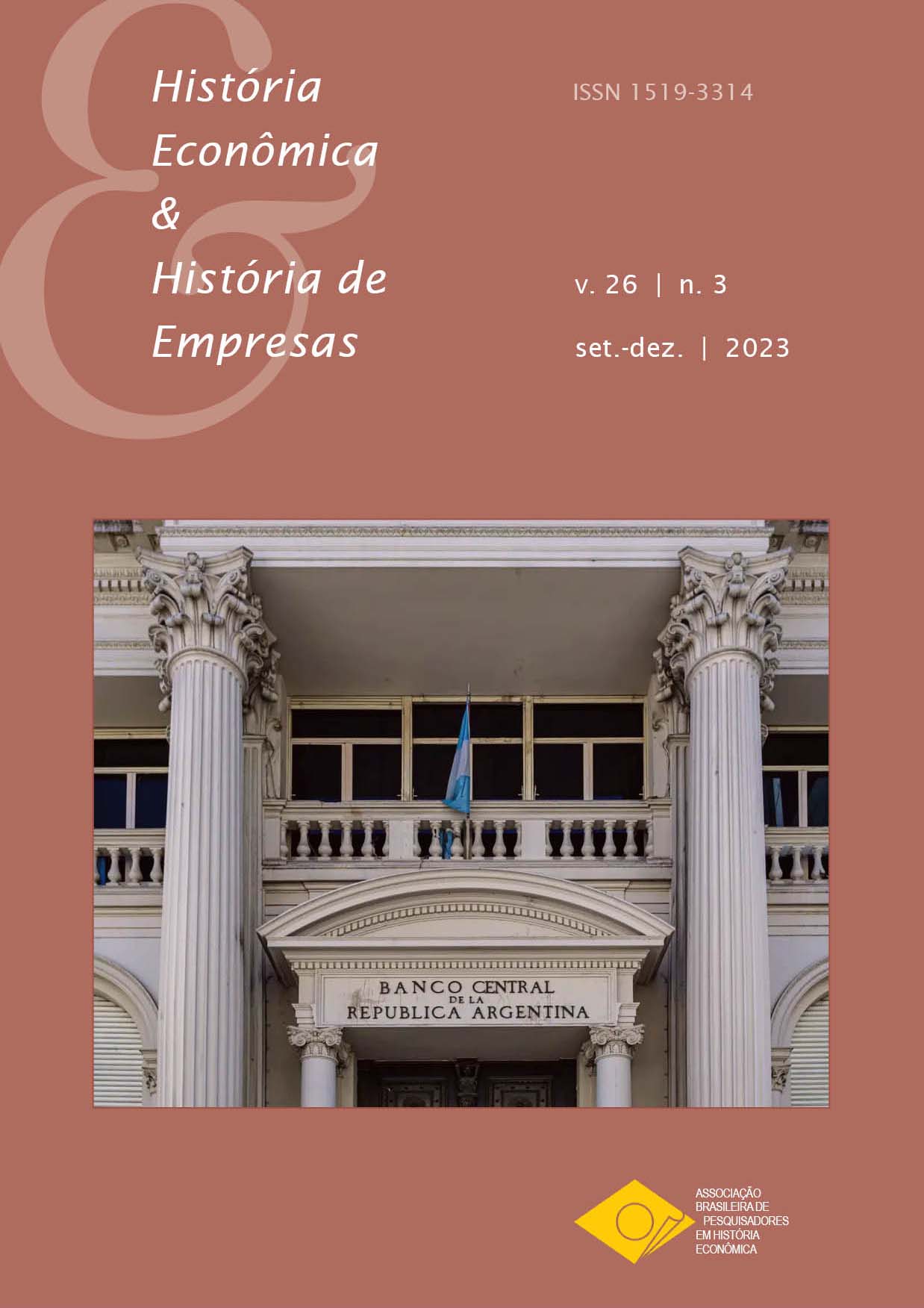Patriarchy in the Management, Succession and Sale of Phebo Perfumery
DOI:
https://doi.org/10.29182/hehe.v26i3.885Abstract
In this paper, we will analyze the inheritance of succession and the trajectory of the leadership positions of Perfumaria Phebo, between 1936 and 1988, through the theoretical perspective of patriarchy. Beyond patriarchy, the paper also dialogues with the theory of the patriarchal family business in the 20th century. The problem that guides the study is: the question of gender was fundamental in the inheritance of Phebo's succession? The methodology involved bibliographic and field research, the latter aimed at composing the “shared memory” of people who had a bond with the company. The results indicate that the patriarchal culture was reflected in the management, succession of leadership positions and even in the decision to sell the company. It is concluded that this culture helps to explain the crisis, the sale and the loss of control of the Santiago family over Phebo.
Downloads
Downloads
Published
How to Cite
Issue
Section
License
Copyright (c) 2023 FERNANDA VALLI NUMMER, YASMYM SILVA CARDOSO, LUCAS SILVA CAVALCANTE FRANCO

This work is licensed under a Creative Commons Attribution 4.0 International License.
Os autores mantêm os direitos autorais sobre o trabalho, concedendo à revista apenas o direito de sua primeira publicação. Além disso, têm autorização para assumir contratos adicionais separadamente para a versão do trabalho publicada nesta revista, desde que reconhecida a publicação inicial neste periódico.





